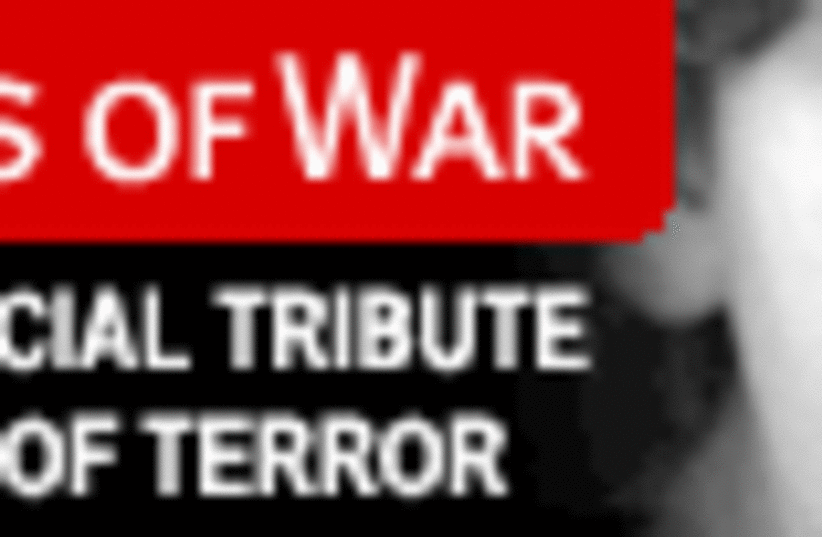Earlier Tuesday morning, four IDF soldiers were lightly wounded in a gun battle with Hizbullah operatives in southern Lebanon.
All four were evacuated to a hospital in Nahariya, Israel Radio reported.
Meanwhile, the IAF revealed that it had prevented a potentially serious disaster on the previous day when it stopped fire from an IDF unmanned aerial vehicle (UAV) at IDF troops.
A senior Air Force officer said that the UAV opened fire on ground troops operating in the south-central Lebanese town of Bint Jbeil after receiving incorrect coordinates from Golani soldiers on the ground. The fire was stopped when the IAF realized the mistake. No one was hurt in the incident.
The army also reported that at least two Hizbullah operatives were killed and several were wounded when two IDF infantry brigades, along with armored and engineering corps units, entered the outskirts of Hizbullah's regional capital of Bint Jbeil, in the framework of continuing operations in southern Lebanon. No IDF troops were hurt in the battle.
A senior IDF officer said that the operation was to be extended to neighboring towns.
On Monday, IDF ground troops pushed deeper into Lebanon, entering the town amid heavy fighting that left two soldiers dead and at least 20 others wounded.
According to IDF commanders in the field, close to 40 Hizbullah gunmen were also killed in clashes that erupted as troops from the Golani and Paratroopers brigades took up positions in homes and surrounded the town's marketplace.
In Bint Jbeil, St.-Sgt. Kobi Smilg, 20, of Rehovot, was killed when a large bomb exploded under his Merkava 4 tank, which flipped over as a result. A battalion commander was wounded in the attack. A few hours later, 21-year-old Lt. Lotan Slavin from Kibbutz Hazeva was killed when his tank was hit - this time by an anti-tank missile.
Five Golani soldiers were wounded when they were struck by friendly fire from an aircraft hovering over the town.
On Monday night, Defense Minister Amir Peretz expanded the areas of the North that fell under the terms of an emergency situation order that he issued last week, allowing the IDF to close workplaces and give orders to the public.
Near the border, gunfire and explosions could be heard coming from southern Lebanon through the day, and large plumes of gray smoke rose over the area. Hizbullah gunmen fired mortars into northern Israel and anti-tank missiles at IDF forces, the army said.
Senior IDF officers told 
